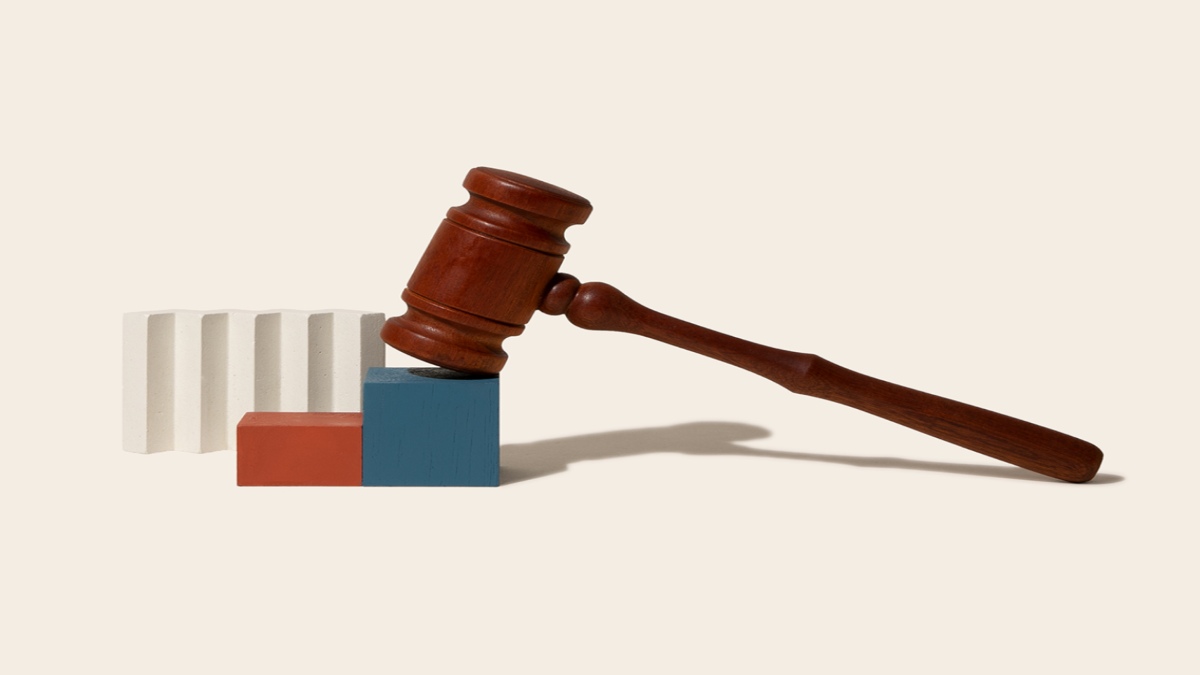


In the case of United States vs Wunderlich, 1951 SCC Online US SC 93:96 L Ed 113: 342 US 98 (1951), Justice Douglas (US Supreme Court) observed: “Law has reached its finest moments when it has freed man from the unlimited discretion of some ruler… Where discretion is absolute, man has always suffered.”
Therefore, if any Chief Minister or a Minister in any state leaves no discretion to the senior functionaries of the state and makes a senior bureaucrats, subservient to the ruler of the state, it can easily be said that rule of law in that state has broken down.
Appointing Ministers against whom there are serious allegations of corruption and senior ministers indulging in dharnas where such Ministers are questioned by investigating agencies, is a matter of great concern. It has been observed of late that people who are in power, sit in dharnas and create serious law and order problems for the state.
In the case of K. Prabhakarn vs. P. Jayarajan, the Supreme Court elucidated upon the scope and purport of Section 8(3) of the Representation of Peoples Act, 1951 which provides criteria for disqualification. It was observed that the purpose of enacting disqualification under Section 8(3) of RPA is to prevent the criminalisation of politics and those who break the law should not make the law.
Interestingly, the Constitution bench of Supreme Court, in the case of Manoj Narula vs Union of India Writ Petition (Civil) No.289 of 2005expressed to then Prime Minister “Will any reasonably prudent master leave the keys of his chest with a servant whose integrity is doubted? Corruption is an enemy of the nation. As a trustee of the constitution, the PM is expected not to appoint an unwarranted person as ministers.”
On 1 October 2007, the Supreme Court bench of Justice B.N. Aggarwal and P. Sathasivam pulled up the Dravida Munnerta Kazahagam government in Tamil Nadu for going ahead with a state-sponsored bandh in the state over the Sethusamudram issue and observed that “if there is no compliance with our order, it is complete breakdown of constitutional machinery. If this is the condition, we might then have to direct the government to impose President’s Rule in the state.” But, in a different context where the High Court had passed an order after the government filed an application seeking recusal of the judge stating that he had prejudged the issue even without hearing the government, the Supreme Court, the bench comprising of Justice S.A. Bobde and Justice A.S. Bopanna and V. Ramasubramanian observed the situation as ‘disturbing’ and stayed the operation of the order of the Andhra Pradesh High Court that had castigated the Legislature, the Government, the Chief Minister and lawyers representing the State.
It is noteworthy that in the path-breaking judgement of the Supreme Court, in the case of Kesavananda Bharati vs State of Kerala, (1973) 4 SCC 225, held that the rule of law is an essential or basic feature of our Constitution.
Another facet of rule of law is its incompatibility with absolute unfettered discretion. This law was laid down by the Supreme Court in Jaisinghani Case S.G. Jaisinghani vs Union of India, AIR 1967 SC 1427: (1967) 2 SCR 703, wherein it was observed, “it is important to emphasise that the absence of arbitrary power is the first essential of the rule of law upon which our whole constitutional system is based. In a system governed by rule of law discretion, when conferred upon executive authorities must be confined within clearly defined limits”
In the case of B.P. Singhal vs Union of India, Writ Petition (Civil) No.296 of 2004, the Supreme Court held that an implied limitation was read into the pleasure doctrine concerning the removal of the Governor of a State by the President in terms of Article 156 of the Constitution. It was held that the pleasure doctrine as originally envisaged in England gave unfettered power to the authority at whose pleasure a person held an office. However, where the rule of law prevails, the “fundamentals of constitutionalism” cannot be ignored, meaning thereby that the pleasure doctrine does not enable an unfettered discretion to act arbitrarily, whimsically, or capriciously. It does not dispense with the need for a cause for withdrawal of the pleasure, which can only be for valid reasons.
Recently, the Supreme Court, the bench of Justice R.F. Nariman and Justice S.Ravindra Bhat, invoked its plenary power under Article 142 by removing a Manipur Minister and restrained from entering the legislative assembly of Manipur till further orders.
In few states in India, the situation is not very different but graver. The chief secretary of the state, who is supposed to be in, complete know of, the entire state with regard to damage caused by severe storm “yaas” remained elusive to brief Prime Minister when he especially visits the state to gauge the gravity of the situation, it is totally unheard of and against all rules and protocols of governance. This might lead to disruption of well laid down principles of conducting of public affairs and management of public resources.
The Constitution of India is above any political party or a minister, and even Prime Minister/Chief Minister, and thus, the majesty of the system of governance must be preserved at all cost.
The writer is a senior advocate. Views expressed are his personal.